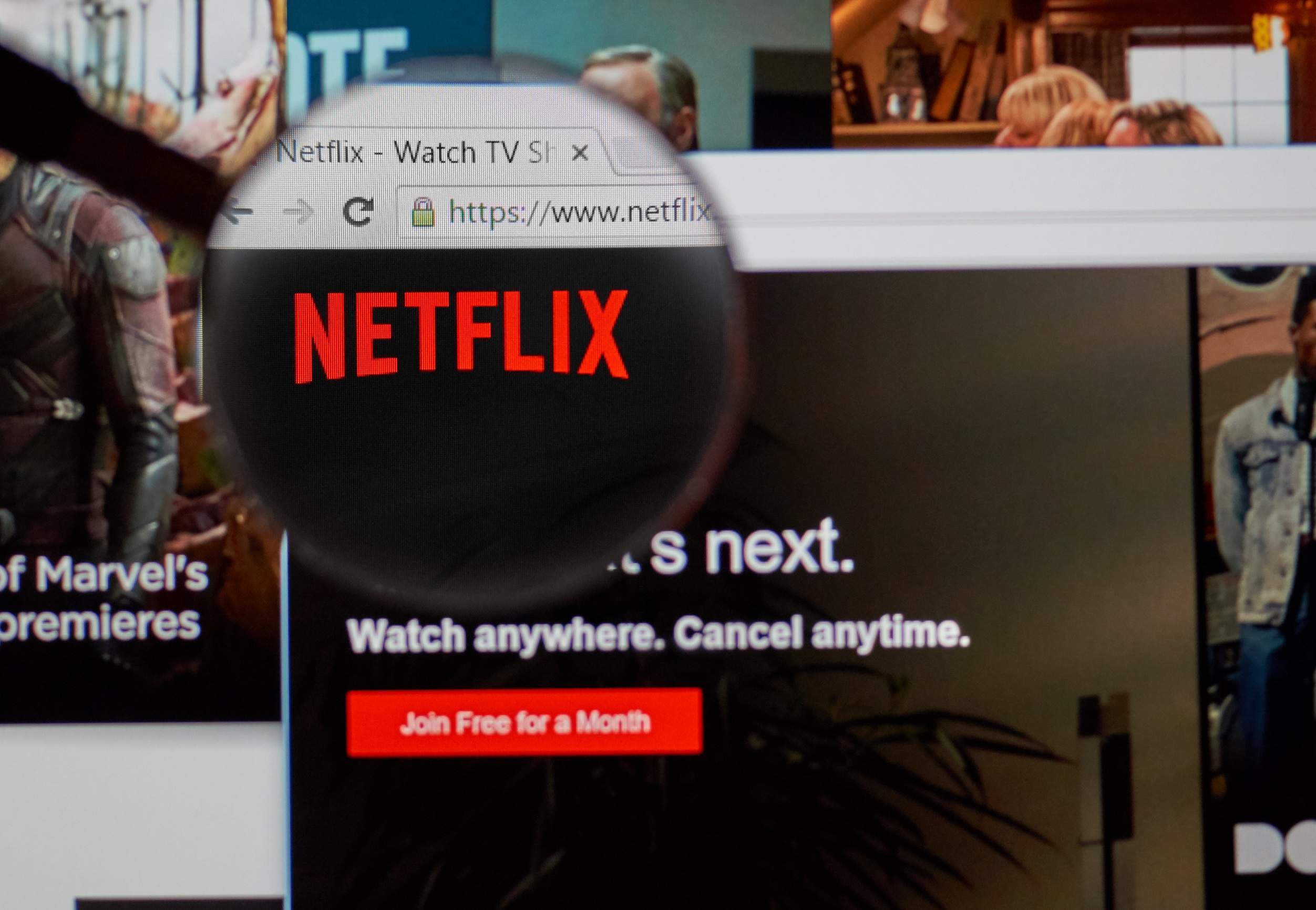Netflix‘s net loss of 200,000 subscribers during Q1 2021 was astonishing. It didn’t help that the company’s decision to withdraw from Russia in protest of the invasion in Ukraine led directly to a loss of 700,000 subscribers – the overall loss would have been worse if not for the net addition of more than 1 million subscribers in Asia Pacific – but weakness in other regions cemented a quarter gone badly wrong.
Even more shocking than the overall subscriber loss was the fact that Netflix’s own guidance was so far off the mark: It had expected to add 2.5 million subscribers for the quarter. The miscalculation reflects fundamental management problems at the company, which has shied away from acknowledging the changing competitive landscape and avoided looking in the mirror to see where it needs to improve. Netflix’s Q1 earnings letter to shareholders cited external factors that it claimed are creating growth headwinds, but most of these are far from being new issues and only serve to highlight the company’s own internal weaknesses.
The five notable areas where Netflix remains vulnerable include competition, pricing strategy, content investment, password sharing, and expansion into gaming.
Netflix has more company
Netflix has been, until recently, incredulous regarding the threats posed by new streaming competitors like Disney+. This left Netflix unprepared, and now it is scrambling to react. The company should understand that many current and former customers have ‘been there, done that’ when it comes to Netflix and are interested in trying out the bevy of competing streaming services. Plus, there is an untapped pool of younger consumers who may never sign up for Netflix.
The company’s pricing strategy must evolve, especially as inflation eats away at consumers’ wallets, making them choosier about their streaming subscriptions. Netflix raised prices across all plans in the US during January, which seems to have been especially poor timing. Furthermore, their plans are poorly differentiated, as they all offer the same content and only vary in terms of video quality and number of screens supported.
Netflix belatedly acknowledged that it must reconsider its opposition to joining the ad-supported video on demand (AVOD) segment in order to offer lower prices. However, with rival Disney+ already planning to launch a cheaper, ad-supported tier this year, it is clear that Netflix should have been preparing to move into AVOD long before now.
Industry challenges
Another challenge is that Netflix needs to maintain heavy content investment, not only in its mature markets like the US but also newer markets worldwide where it must support development of regionalized content. However, the multiple Academy Awards won last month by Apple TV+ film CODA highlight the fact that rival streaming services are also investing in quality programming and are positioned to outbid Netflix on the next hit shows.
Netflix is correct to cite password sharing as a detriment to its growth, but this is not a new problem. Password sharing became an issue as soon as Netflix refocused its business model from mailing out DVDs to streaming content. In fact, password sharing is a threat across the streaming industry and does not only impact Netflix. Any success Netflix has in shutting down unauthorized password sharing will be closely watched and potentially copied by every streaming player.
Switching gears
Finally, Netflix’s expansion into mobile video games shifts focus from its core competency in passive entertainment to an active entertainment sector in which the company has no experience. Netflix deserves kudos for innovative plans to launch both a mobile game and TV series from the same franchise – Exploding Kittens.
Yet the effort already seems rushed and poorly thought out. While Exploding Kittens – The Game will launch on Netflix in May, the accompanying adult animated comedy series will not arrive until sometime in 2023. It remains to be seen whether getting its claws into the Exploding Kittens franchise and other mobile games will help Netflix generate significant interest from gaming-focused Gen Z and other age groups.







